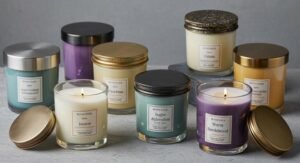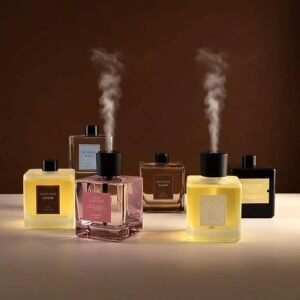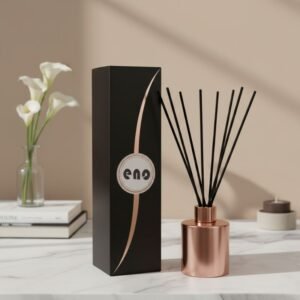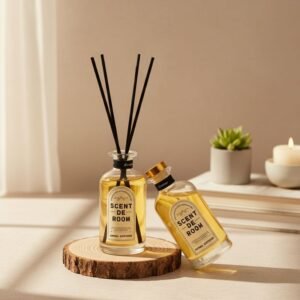Have you ever walked into a luxury hotel lobby and been immediately enveloped by an indescribably pleasant scent? It’s not just a random air freshener. It’s often a carefully crafted part of the guest experience. For people like Anita, a national brand buyer always looking for unique product ranges, or Lisa, a brand owner focused on creating a complete sensory environment, understanding this magic is key. It’s the art of scent engineering, and honestly, it’s pretty fascinating.
Hotel aromatherapy smells so good because it leverages sophisticated scent design, high-quality fragrance oils, advanced diffusion technology, strategic placement, and consistent maintenance. Hotels carefully select proprietary signature scents to evoke specific emotions and reinforce brand identity, ensuring a luxurious and memorable olfactory experience that enhances guest perception and contributes to an overall sense of comfort and refinement.
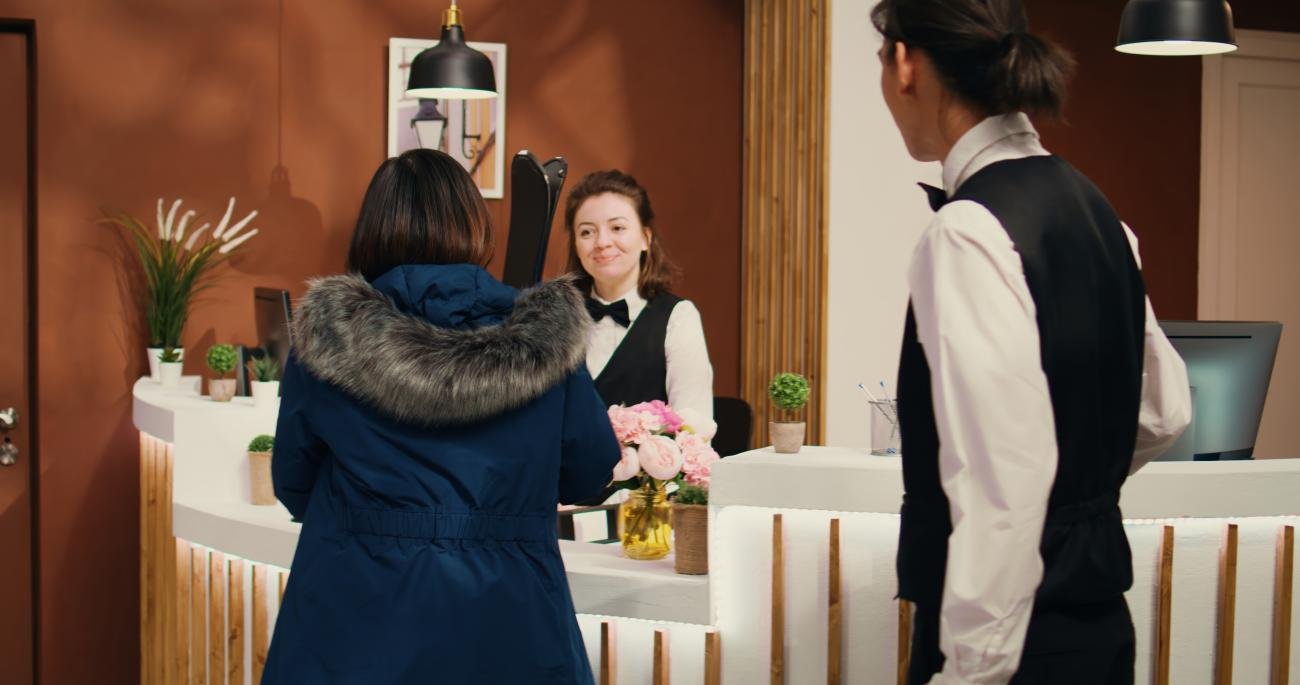
I remember being in a hotel in Paris, and the scent in the lobby was so captivating, I almost forgot where I was supposed to check in! I’ve always been keen on understanding the "why" behind sensory experiences, especially in a professional context. When we help brands like MCM or BLUE JACAR develop their unique fragrance lines, we often study these high-end, successful examples. It’s not just about spraying something nice; it’s a science and an art form. Let’s pull back the curtain on why hotel aromatherapy achieves such a powerful effect.
The Power of Signature Scents
The first secret? It’s often not just a random good smell. It’s a signature.
Hotels cultivate distinctive signature scents to create an immediate, memorable, and consistent brand identity. These proprietary fragrances are designed to evoke specific emotions and associations, fostering a sense of luxury, comfort, or exclusivity. They use the power of olfactory memory to reinforce positive guest experiences and establish a unique sensory fingerprint that distinguishes the hotel from competitors and encourages brand loyalty.
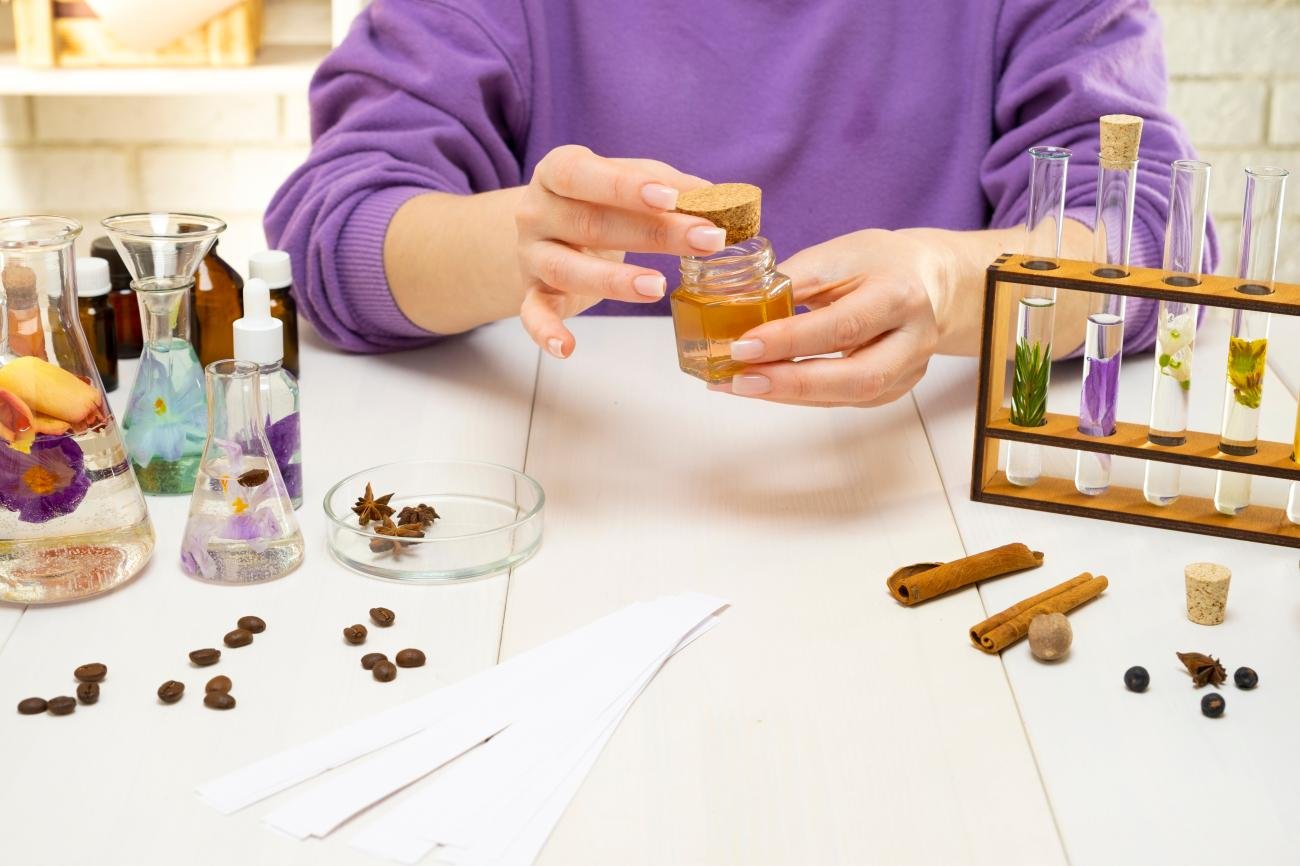
Think of it like a visual logo, but for your nose.
1. Brand Identity and Memory Association
- Olfactory Branding: A signature scent acts as an invisible, yet powerful, branding tool. Just as a visual logo identifies a brand, a unique scent can instantly tell you which hotel chain you are in.
- Emotional Connection: Scent is directly linked to the limbic system in our brain, which handles emotion and memory. This means a scent can evoke powerful feelings and memories. Hotels harness this to create feelings of warmth, luxury, cleanliness, or relaxation.
- Memorability: People are more likely to remember a unique scent than many other sensory details. That distinctive smell becomes part of the hotel experience, making it more memorable and setting it apart from competitors. I’ve had clients tell me they want their home fragrance to evoke the feeling of a specific high-end hotel they visited. This directly shows the power of signature scents.
2. Custom Blending and Exclusivity
- Proprietary Formulas: Many high-end hotels work with professional perfumers and scent companies to develop custom, proprietary fragrance blends. These are unique formulas that you cannot find anywhere else. They incorporate a complex mix of essential oils and fragrance compounds.
- Multi-Layered Scents: These aren’t simple, single-note fragrances. They are often complex compositions with top, middle, and base notes. This allows the scent to evolve subtly over time and create depth, much like a fine perfume.
- Exclusivity: Having a unique scent makes the hotel experience feel more special and exclusive. It’s part of the luxury offering.
3. Consistency Across Locations
- Brand Uniformity: For a hotel chain, the signature scent is often consistent across all their properties worldwide. This provides a unified brand experience, making guests feel a sense of familiarity and comfort, no matter which location they visit.
- Quality Control: Maintaining this consistency requires meticulous quality control in scent formulation and diffusion methods. My experience with ENO, ensuring consistency across various international markets, is very similar to what hotels aim for with their signature scents.
Developing a signature scent is a significant investment for hotels, but the payoff in brand recognition and guest satisfaction is tremendous. It’s about creating an atmosphere that resonates long after the guest has checked out.
Advanced Diffusion Technology
It’s one thing to have a great scent. It’s another to deliver it perfectly throughout a large space. This is where technology comes in.
Hotels utilize advanced diffusion technologies, such as cold-air diffusion and HVAC integration, to ensure uniform, consistent, and broad scent distribution across large areas. These sophisticated systems atomize fragrance oils into microscopic particles without heat, preventing degradation and maintaining the integrity of complex scent profiles. This technology allows for precise control over scent intensity and timing, ensuring a subtle yet pervasive olfactory experience that enhances the hotel environment.
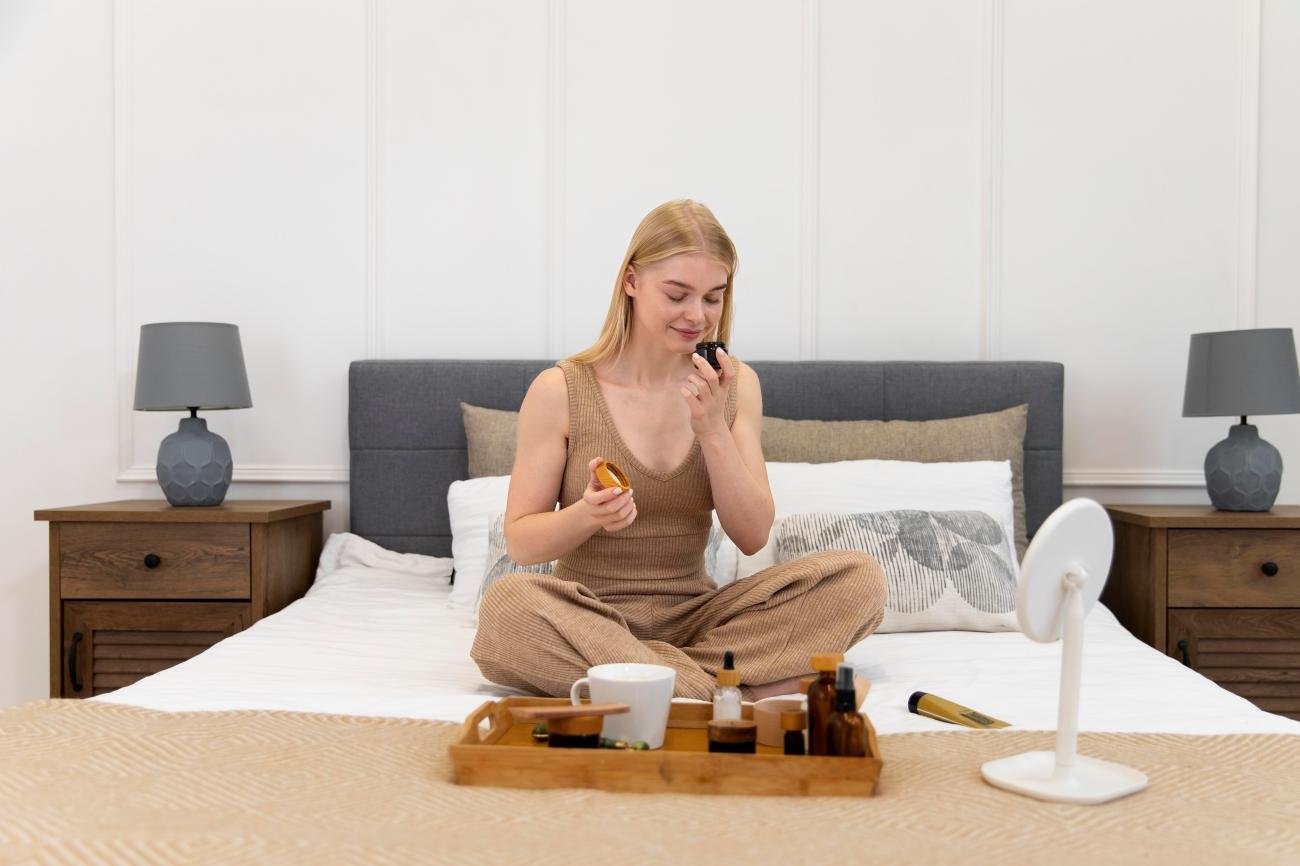
You don’t see a hotel clerk walking around with an air freshener. They use sophisticated systems.
1. Cold Air Diffusion (Nebulization)
- No Heat Involved: Unlike typical home diffusers that use heat or water, professional hotel diffusers often use cold-air diffusion. This technology atomizes the fragrance oil into extremely fine, dry mist particles using high-pressure air.
- Preserves Fragrance Integrity: Heat can alter the chemical structure of fragrance oils, especially essential oils, changing their scent profile or reducing their perceived quality. Cold-air diffusion preserves the integrity and therapeutic benefits of the fragrance.
- Maximizes Scent Potency: The dry mist allows the scent to travel further and linger longer without leaving any residue. The very tiny size of the particles means they stay suspended in the air for extended periods.
2. HVAC System Integration
- Widespread, Seamless Distribution: For large spaces like lobbies, hallways, and common areas, professional scent diffusers are often integrated directly into the hotel’s Heating, Ventilation, and Air Conditioning (HVAC) system.
- Uniform Scenting: This allows the scent to be diffused evenly and subtly throughout the entire space, creating a pervasive, consistent aroma without being overwhelming. You might not even realize where the scent is coming from.
- Efficiency: Distributing scent through the existing air circulation system is an incredibly efficient way to cover vast areas.
3. Precise Control and Consistency
- Programmable Systems: These systems are programmable. Hotels can control the intensity of the scent, the timing of its release (e.g., higher intensity during peak check-in times), and ensure continuous diffusion.
- Consistent Delivery: Advanced technology ensures that the scent is delivered at a consistent level, avoiding peaks and valleys that a guest might notice. This consistency is key for a seamless luxury experience. Speaking from ENO’s experience, providing consistent product quality and output for clients like Anita (a national brand buyer) is non-negotiable. Hotels operate on a much larger scale, but the principle is the same.
The investment in such advanced technology shows how serious hotels are about their ambient scenting. It moves beyond just a "nice smell" to an engineered sensory experience.
Strategic Placement and Consistency
It’s not just about what the scent is or how it’s diffused. It’s also about where and when.
Hotels implement strategic placement of scent diffusers and maintain rigorous consistency protocols to ensure optimal scent exposure and a continuous, harmonious olfactory ambiance. Diffusers are positioned in high-traffic or key emotional touchpoints, like lobbies and hallways, and the scent intensity is carefully calibrated. This meticulous planning guarantees that the signature fragrance is subtly yet pervasively present, reinforcing the brand experience without overwhelming guests and contributing to positive environmental perception.
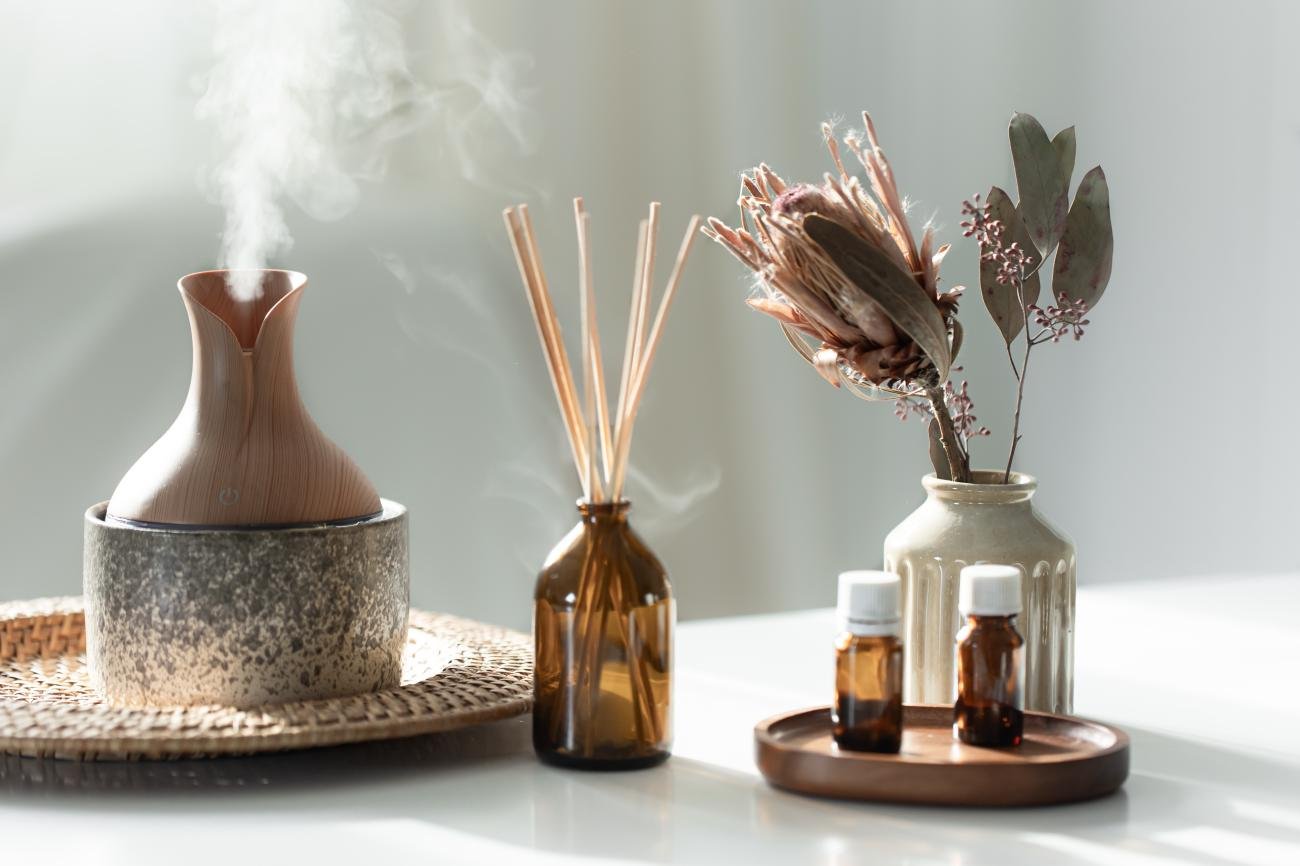
This is where the marketing and human behavior aspects come into play.
1. High-Traffic and Key Emotional Touchpoints
- Lobby: This is the first impression. The scent here is crucial for setting the tone. It’s typically the strongest and most recognizable point.
- Elevators and Hallways: As guests move through the hotel, the scent often follows them, subtly reinforcing the brand identity. This creates a continuous, immersive experience.
- Specific Areas: Different scents might be used in different areas. For example, a spa might have a calming lavender or eucalyptus scent, while a restaurant might use a subtle, appetite-stimulating aroma. However, the signature scent usually dominates common areas.
2. Controlled Intensity
- Subtlety is Key: The goal is never to overwhelm the guest. A good hotel scent is pervasive but not intrusive. It should be pleasant and noticeable, but not so strong that it becomes cloying or causes discomfort.
- Calibration: Hotels rigorously calibrate their diffusion systems to deliver the perfect concentration. Too little, and it’s wasted; too much, and it’s off-putting. This balance is critical.
3. Constant Monitoring and Maintenance
- 24/7 Operation: Unlike a home diffuser that might be turned on sporadically, hotel systems often run continuously or on a precise schedule.
- Regular Refills and Checks: Staff or external service providers regularly monitor the fragrance oil levels and ensure the diffusion systems are working correctly. This prevents any lapses in scent delivery.
- Seasonal Adjustments: Some hotels even adjust their signature scent subtly with the seasons, using lighter, crisper notes in summer and warmer, richer notes in winter, while maintaining the brand’s core olfactory identity.
The meticulous attention to placement and consistency ensures that the hotel’s signature scent becomes an expected and delightful part of the guest journey. It transforms an otherwise utilitarian space into a multi-sensory environment. For a brand owner like Lisa, who needs a complete product line, this level of strategic thinking is inspiring for how to create an immersive experience for her customers.
The Overall Ambiance and Psychology of Scent
Finally, it’s not just about the technicalities. It’s about how it all comes together to create a feeling.
Hotel aromatherapy thrives on creating an integrated ambiance where scent, combined with other sensory elements like lighting, music, and interior design, fosters a specific emotional atmosphere. Leveraging the psychology of scent, hotels connect pleasant fragrances with positive experiences, influencing guest mood, perception of cleanliness, and overall satisfaction. This holistic approach subtly guides guest behavior and enhances their perception of luxury and comfort, reinforcing brand loyalty through sensory immersion.
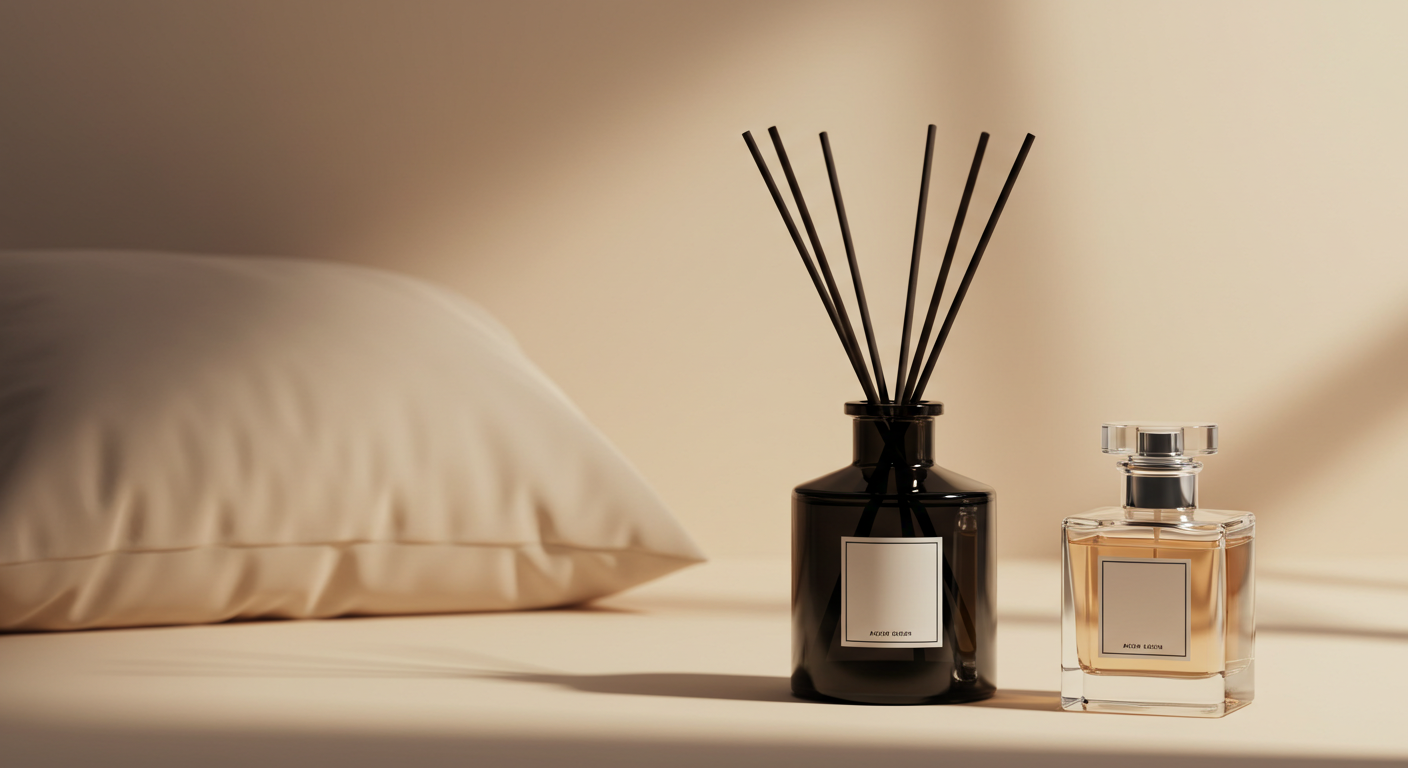
It’s the ultimate goal: creating a complete sensory journey.
1. Holistic Sensory Environment
- Unified Guest Experience: Hotels don’t just focus on scent. They orchestrate a complete sensory experience. The signature scent works in harmony with the visual aesthetics (interior design, lighting), auditory elements (background music, soundproofing), and even tactile sensations (luxurious bed linens, soft carpets).
- Creating a "Bubble": This holistic approach creates a sort of "sensory bubble" that transports guests away from the stresses of travel and into an elevated, comfortable environment.
2. Influencing Mood and Perception
- Relaxation and Comfort: Many hotel scents are designed to be calming and comforting, using notes like sandalwood, vanilla, or soft florals. This helps guests relax after a long journey.
- Perception of Cleanliness: Certain scents, often fresh and clean notes like citrus or subtle aquatic accords, can subtly enhance the perception of cleanliness in a space, even if consciously unnoticed.
- Enhancing Luxury: Unique and perfectly diffused scents contribute significantly to a sense of luxury and exclusivity, making guests feel like they are in a high-end, premium environment.
3. Evoking Positive Associations
- Subconscious Connection: When a guest consistently experiences a pleasant scent in a luxurious hotel, their subconscious mind creates a positive association between that scent and the high-quality experience.
- Return Visits and Loyalty: This positive emotional conditioning can influence decisions about future stays. "I want to go back to that hotel because I felt so good there." The scent plays a big part in that feeling. This is essentially what ENO helps its clients achieve with their product lines for Amazon sellers or larger brands, building that emotional resonance with the consumer.
The reason hotel aromatherapy smells so good is not accidental. It is the result of deliberate strategic planning, cutting-edge technology, and a deep understanding of human psychology and sensory perception. It’s a key part of their hospitality blueprint, transforming a stay into an unforgettable experience.
Conclusion
Hotel aromatherapy smells exceptionally good because it’s a meticulously planned sensory experience, employing custom signature scents diffused through advanced cold-air and HVAC technologies. Strategic placement ensures pervasive yet subtle delivery, while consistent maintenance and a holistic approach to ambiance creation evoke positive emotions and reinforce brand identity, ultimately elevating the guest’s perception of luxury and comfort.

